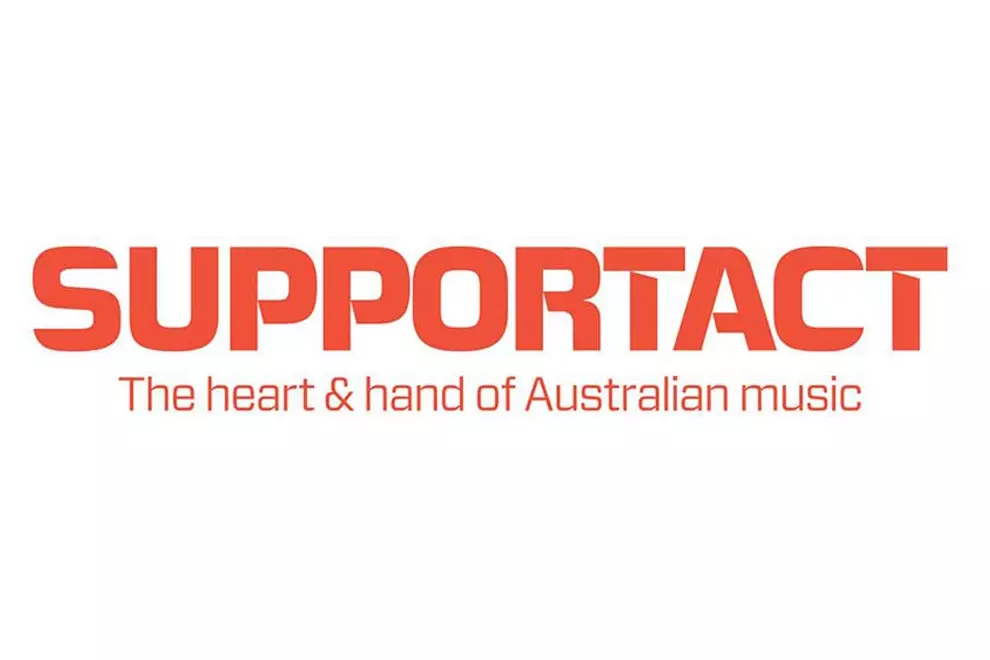For more than 25 years now, Support Act's Crisis Relief program has been an integral part of the organisation's resources.
While Support Act is itself the music industry's crisis relief charity, helping those in the creative sector who need a helping hand, their Crisis Relief Grants have been available to musicians, managers, crew and music workers across all genres who find themselves experiencing financial hardship.
This financial hardship isn't just limited to a single criteria, with non-competitive grants issued to those who need support as the result of illness, injury, mental health, older age, or another current crisis that is impacting their ability to work in music.
Put simply, if you've been a music industry worker for the past five years and have found yourself in a situation where your expenses outweigh your income, then you're likely eligible for a grant. (Other criteria do play into it all, however – check their website for full details.)
However, when it comes to ensuring that Support Act are providing the help that is needed in a way that is appreciated, that's when their Crisis Relief Support Service User Survey comes into play, and that's where Angela Doolan shows her expertise.
Don't miss a beat with our FREE daily newsletter
With a background in social work, Doolan manages a team of social workers and admin officers that oversee the crisis relief response from Support Act. "Our role is to work with people that work in music that are going through a current crisis that's impacting their music work," she explains.
"The social workers will talk to someone about what's currently going on with them or what's going on with their music work and how we might be able to link them in with other services.
"Their first approach often is applying for a Crisis Relief Grant, but not always," she adds. "Sometimes it's an inquiry that just comes through to Support Act, and we'll be talking with them about what sort of support they need to help get them through this."
Undoubtedly one of the most prominent aspects of Support Act's operations, Doolan explains that the Crisis Relief Grants were effectively the original reason for the organisation's establishment.
"It was set up by musicians to support musicians that are going through a tough time," she explains. "And we've broadened it a lot since then – over 25 years ago.
"Now we offer support to anyone working in music. We do a lot of work with crew as well as people working in production. It's not just musicians any more, it's anyone that's working in the Australian music industry."
Now, the latest Crisis Relief Support Service User Survey has arrived to give some insight into the impact of Support Act's Crisis Relief Grants and their effectiveness.
According to Doolan, the survey is shared with anybody who has received or been approved for a Crisis Relief Grant within a certain period of time, with the intent on receiving feedback on how they found the whole process – ranging from the application process, to working with the Support Act staff, to the impact that the grant had on their lives.
Based around responses of roughly 32 to 34 respondents, the survey tracks data from roughly 50% of those whom it was sent to, with its April/May results being just one of the two surveys sent out annually.
The responses are largely skewed towards those who classify themselves as artists of musicians, with 55.9% of responses being from that sector, with the rest evenly representing those in artist management, crew, the music industry, and family of music industry workers.
Relatively evenly split on the gender front (47.1% female respondents and 52.9% male), the survey tracks responses from those largely in the 45-54 age group, with Victoria and New South Wales being the highest-represented locations.
The survey outlines data focused around the application process (ranging from an 8.2 out of ten in regard to "how easy to complete" and a 9.8 for "response from Social Worker"), the grant administration, the impact of these grants and the other services, and also collects testimonials related to the whole process.
"It's good to know that people are happy with these things but we also want to know if there are any issues that we can improve on," Doolan explains. "If we can help out with things or if we can make the process a little bit simpler or easier.
"There was a super high satisfaction rate with most of those things, but people are still making comments that are useful for us to know about what might be trigger points or things that we can improve on."
Most notably, 94% of respondents reported a positive impact on their mental health after receiving Crisis Relief support, while 84% citing this support as helping them return to work in music.
Additionally, 100% of respondents claimed it gave them financial assurance in times of need, while 85% who said it helped them keep their housing.
The data also shows that these grants enabled access to therapy, health services, and essential phone/internet connections, while 52% also tapped extra help through the Support Act Wellbeing Helpline, NDIS/My Aged Care, financial counselling, and legal support.
"The biggest positive we're seeing is that it's making an impact on their lives through financial security," Doolan says of the results. "That's the purpose of the grant, really, helping them out financially when they're going through a crisis that's impacting their music work and income.
"It's also really good to know that there's impact in other areas of their lives as well. There's a really high response to mental health and wellbeing support that we provide, and then also other things like helping out with bills and that kind of thing.
"Ans also linking in with other services," Doolan continues. "The highest usage is our Wellbeing Helpline, which provides free counselling and there's a huge uptake on that. So that's really good to know because as social workers, we provide people with resources, we give them the information, link them in with the services, but we don't necessarily know if they go and use them afterwards."
The survey results also indicate a positive trend, with the Grant Administration portion of the survey specifically noting that all results are higher than those seen in their previous survey by 0.1-0.2 percentile.
However, the survey results have also pointed out some areas in which Support Act can focus their attention in the near future. Most notably, Doolan explains that the results shows that many people were not aware of the links that had been made with Support Act's other services,
"Our Social Workers are spending more time with our service users, just making sure that they have holistic support and not just the financial support through the grant," she explains. "But they're also ensuring that they do know about all the other things they can access that can help them get through this crisis as well.
"The aim is that they can get through this short term crisis, get back to their music work, and not need us again."
While the responses are undoubtedly good, there are always a couple of ways to view things. While it would be easy to note a 94% response citing improved mental health and view it as a win, it would be equally easy to view that as a 6% room for improvement. For Support Act, it's hard to easily say which viewpoint is the best one to take.
"We're always looking for ways that we can improve our responses," Doolan explains. "Sometimes it's the understanding of the questions and the responses as well, but we look at the responses and think, 'Is this a kind of reasonable response given their circumstances?'
"So of course we'd aim for 100%, but I think having some ideas for improvement is a positive thing. In a way, I don't want 100%, I want to know how we can improve.
"If everyone says everything's perfect, well, how can we grow? I wouldn't be sure that's true, actually," she adds. "There's always going to be people who have different issues and different perspectives, so it's always interesting to hear those different responses and perspectives."
The results from Support Act’s latest Crisis Relief Support Service User Survey will be available via their website.
This piece of content has been assisted by the Australian Government through Music Australia and Creative Australia, its arts funding and advisory body

















